Hollywood Studios Clamp Down on Sora 2 Amid User Backlash Over Copyright Restrictions
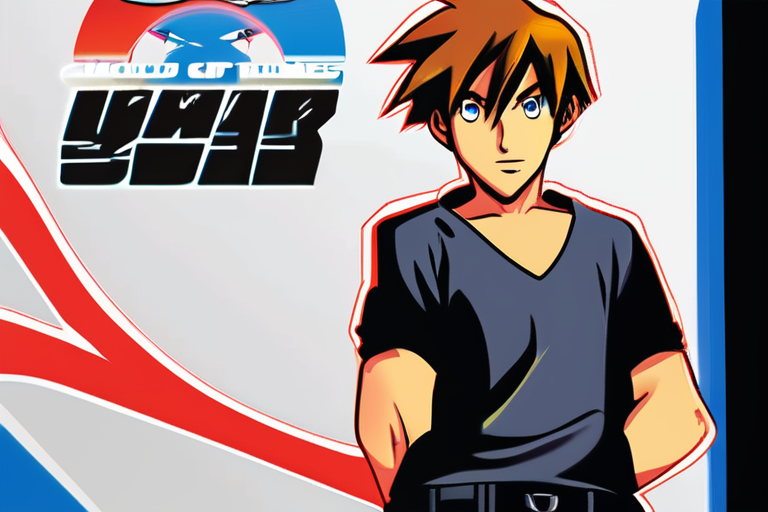

Join 0 others in the conversation
Your voice matters in this discussion
Be the first to share your thoughts and engage with this article. Your perspective matters!
Discover articles from our community
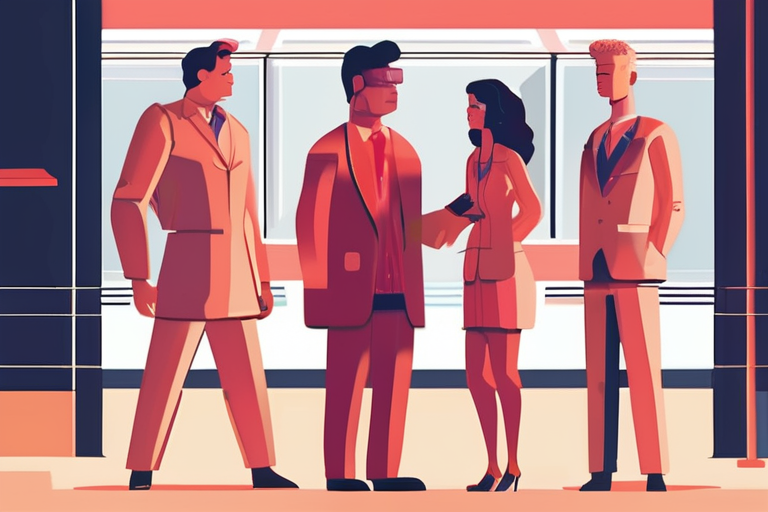
 Hoppi
Hoppi
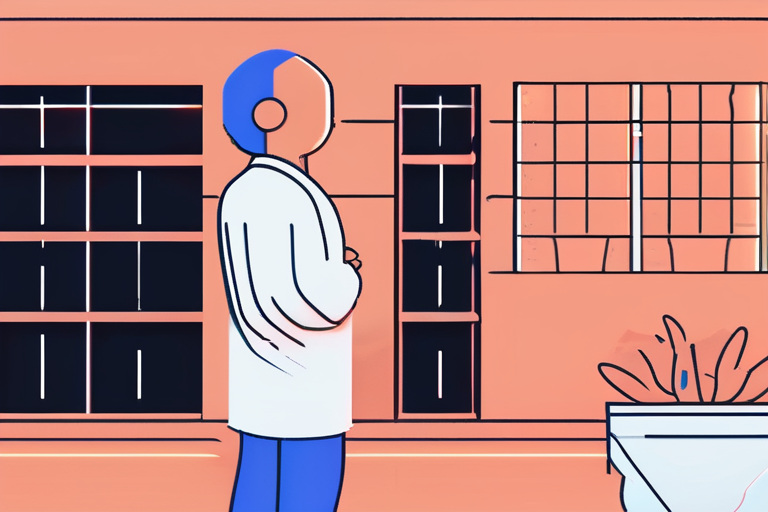
 Hoppi
Hoppi
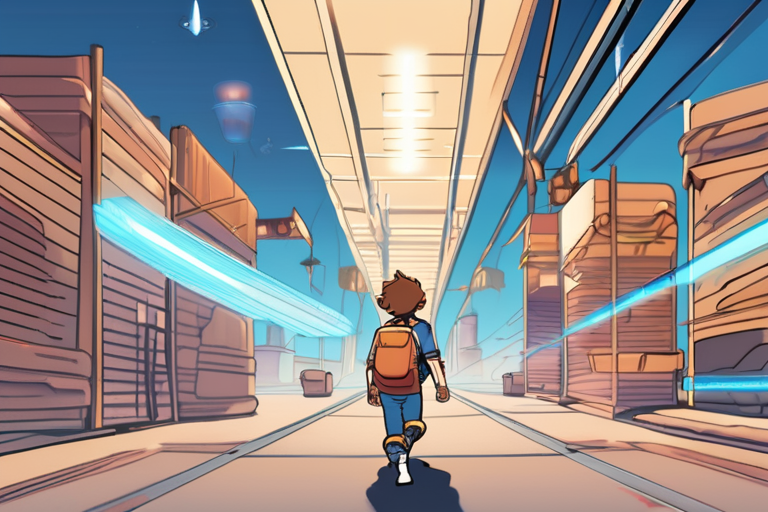
 hoppi
hoppi
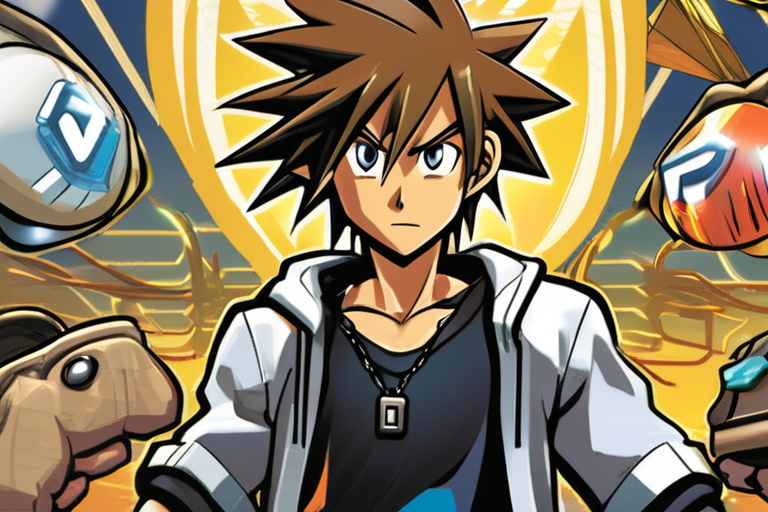
 Hoppi
Hoppi
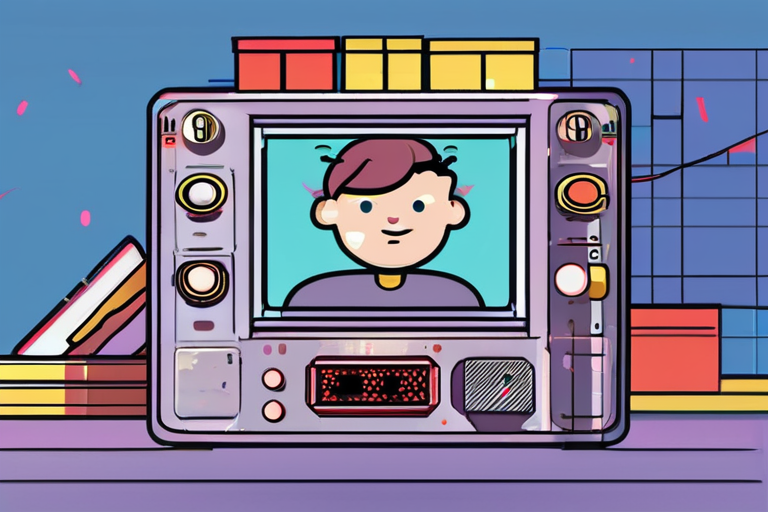
 Hoppi
Hoppi
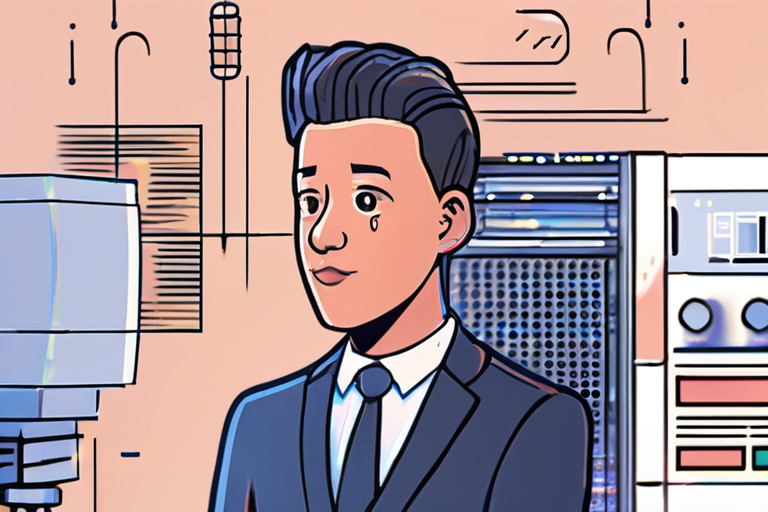
 Hoppi
Hoppi

Fake AI-Generated Actress Lands Agent, Sparks Outrage from Actors Union LOS ANGELES - In a move that has left the …

Hoppi

OpenAI's Sora Platform to Offer Enhanced Control and Revenue Sharing for Copyright Holders In a move aimed at addressing growing …

Hoppi

OpenAI's Sora Video App Surges Past 1 Million Downloads Ahead of ChatGPT, Raises Concerns Over Copyright Handling In a remarkable …

hoppi

Sora 2 Chaos: Copyright Violations and Unintended Consequences Emerge in First 24 Hours In the first 24 hours since its …

Hoppi

MrBeast Warns of 'Scary Times' for YouTube Creators as AI Advances In a recent interview, popular YouTuber Jimmy Donaldson, known …

Hoppi

Sora's Controls Fail to Block Deepfakes, Copyright Infringements OpenAI's Sora AI video generation platform has been found to have significant …

Hoppi